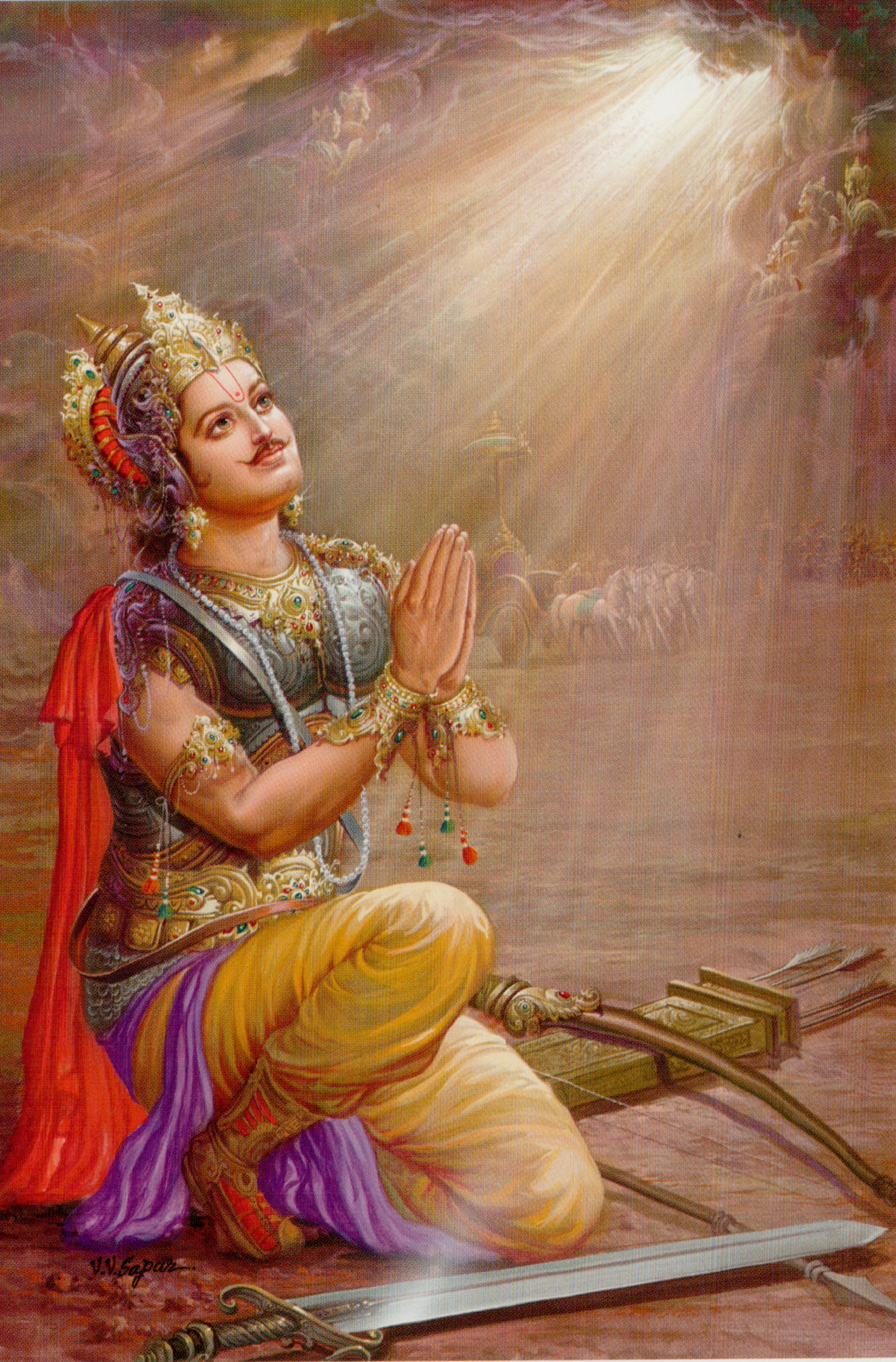
Anger can be one of our greatest tests upon the way up in our search for God-consciousness. Either a deep rage or a brooding discontent interferes with our connection to the Divine. When we analyze it, we come to know that anger is caused by attachment to how things are supposed to be. If you think traffic is supposed to be moving fast and there is a sudden stoppage, a flare of rage may erupt. It is the thought that traffic should be flowing at high speed, and then it is not that causes the disturbance.
In our desire to continuously experience the qualities of the Divine we must cut the binding cord of attachment. In this work of letting go we differentiate between attachment and having an ideal. We can have the ideal that there should be no violence in this world, everyone should work their problems out non-violently. Yet, we find ourselves in a world where violence is all too prevalent. I have known those who are very disturbed by the violence in this world, and in their disturbance they are livid. Their thoughts and emotions emit violence in their rage. How can they bring peace to this world when they have none of it themselves?
In the Mahabharata, the epic poem from India, there is a collision of forces that ends up in a massive war involving millions. Krishna belongs to one of the royal families drawn into the conflict. He first attempts to mediate a solution, but when King Duryodhana is insistent on maintaining an unrighteous position, Krishna makes a decision to bequeath his army to one side, and he, unarmed, will stand with the other. Arjuna (self-control) is first to choose, he takes Krishna, not his army. King Duryodhana (material desire) thanks his lucky stars that his enemy Arjuna has picked Krishna, leaving Krishna’s army for himself.
Duryodhana is recklessly angry, trying to prove himself and find security through his position in the world. Arjuna is calmly determined and looks to Krishna as his guide. Arjuna does not yet realize that Krishna is a divine incarnation, however he does know that Krishna is wise and very special; he definitely wants him by his side. Though the battles are hard fought and many times goes against Arjuna, eventually he and his side win the war.
The key is that he has asked Krishna to be the driver of his chariot. Although in a worldly sense a charioteer is beneath the dignity of royalty, Krishna accepts the position. Spiritually this puts him in command of Arjuna on the battlefield. It is Krishna who teaches and directs Arjuna. Arjuna fights without anger, neither does he give into despondency. He fights because it is God’s direction to do so, to fulfill righteousness.
We find in Arjuna exactly the right attitude in life. This world is a battlefield of competing interests, to run away leaves the field to those who are driven by lower desires. If good people do not become policemen, then those posts are left to scoundrels and the world suffers. This is true of all positions, from the janitor to CEOs of large companies, political leaders and spiritual ministers. Dharma, right action, betters the world, adharma, wrong motives, brings suffering.
The essential factor is that you must serve with a focus upon doing what is right, putting God’s direction in the driver’s seat. When you are driven by angry vitriol or seething revenge, no good can come of it. When you stand aside out of fear or tepidness, the world suffers. To find the right balance of calm decisive action based upon the highest light you know will produce the highest and best results for yourself and the world at large. Determine to demonstrate your Arjuna within—put God first and enter into the world to do what is right, with all your might.